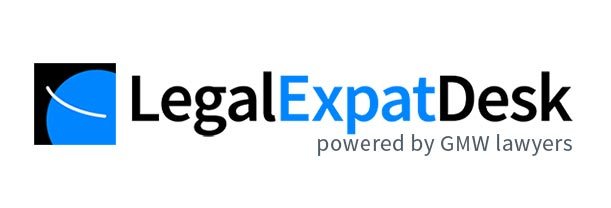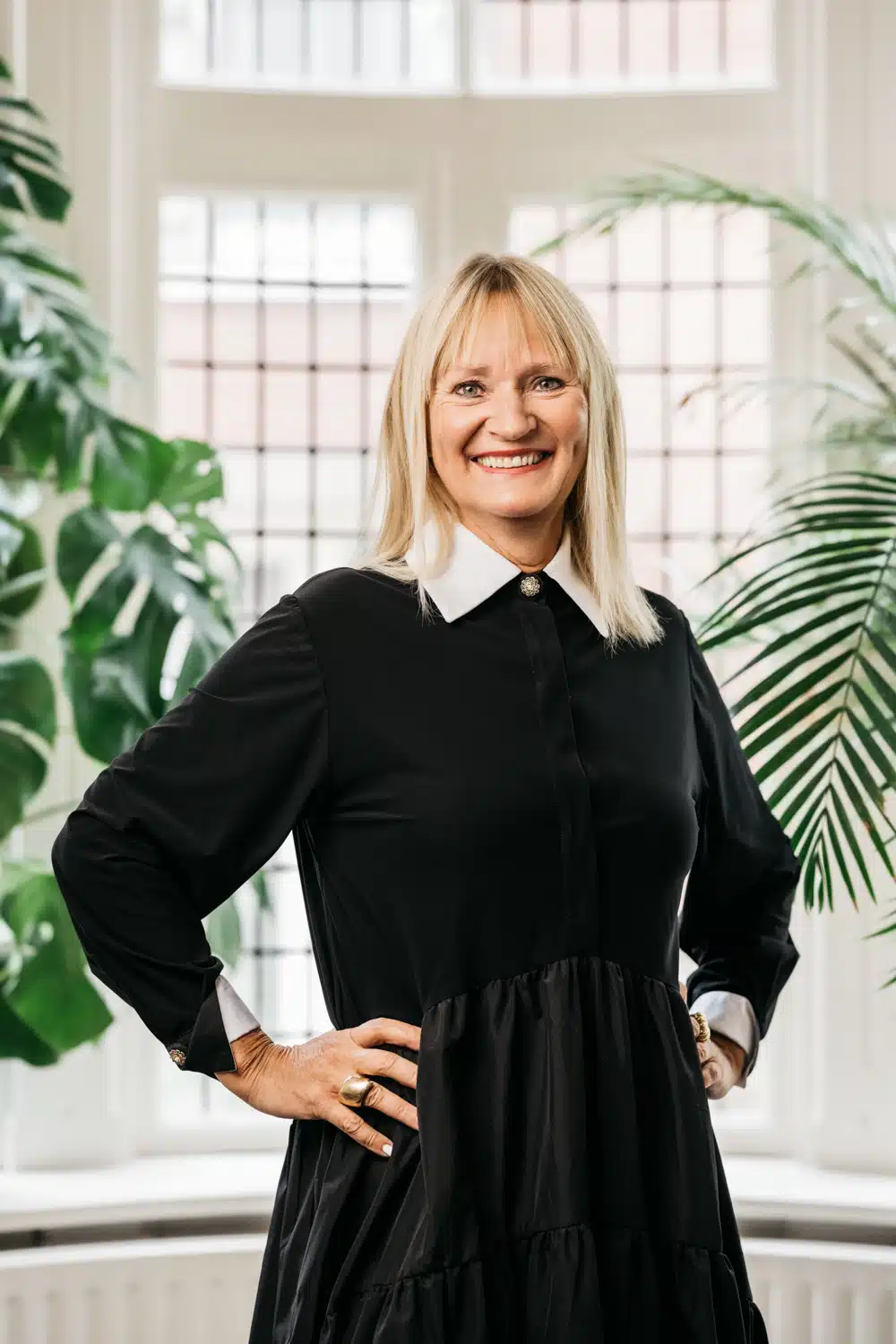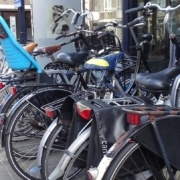The Equal Treatment Act
Direct discrimination? Indirect discrimination? What is the difference and who is protected in the Netherlands? Last week, a court in The Hague ruled in favour of a family who sued their school after the school scheduled the class photo on Eid al-Adha (Offerfeest). The court found that the school had indirectly discriminated against the students.
This post was reviewed and updated on 17 July 2020
Equal Treatment Act
Issues of discrimination in the Netherlands are covered by the Algemene Wet Gelijke Behandeling or Equal Treatment Act. This framework is derived from a directive put forth by the European Union, which guarantees protections for people on the basis of religion, personal beliefs, political opinion, race, sex, nationality, sexual orientation and civil status.
It’s not only schools that are covered under this framework, but also employers, service providers, government agencies and other organisations.
Direct & indirect discrimination
Both direct and indirect discrimination is forbidden. A company, for example, cannot publish a job posting which says that only Dutch applicants will be considered. That would be considered direct discrimination.
In the case of the family, the court ruled the school had indirectly discriminated against them. Indirect discrimination is often more complicated to prove. Indirect discrimination would be when there is a neutral policy, but that policy is applied in a discriminatory manner.
That same company cannot publish a job posting saying that only fluent Dutch speakers will be considered for the role either. Such a demand would be seen as discrimination against one’s nationality since most people who speak Dutch have the Dutch nationality. By requiring Dutch fluency, the company is indirectly discriminating against people from other nationalities.
Acceptable discrimination
However, such a job posting will not always be considered discrimination. Whilst it’s always illegal for an employer to say non-Dutch applicants will not be considered, it may be permitted to require Dutch language skills if the company can show that the Dutch language is required for the position in question.
In another case, which was in 2017 in the news, the European Court of Justice issued guidelines around a neutral workplace policy after a company in Belgium fired a woman for refusing to adhere to a company ban on the wearing of religious symbols.
The company successfully argued that its rule was applied neutrally, as symbols of all religions were forbidden, and that it was important for the company to appear neutral to its clients, making a case for allowing the indirect discrimination.
The court
In the Netherlands, there is a separate council that deals with incidences of discrimination. This council, however, cannot levy fines or award damages, so complainants often take their case to the civil court. The civil court can award damages and take other actions.
Decisions
The bottom line is that, in the Netherlands, the protected groups mentioned in the Equal Treatment Act must be accommodated when providing services. However, this accommodation is not limitless.
Companies, schools, government agencies and other organisations may engage in indirect discrimination if they can show that there is a need for this. Decisions are made on a case by case basis by the court.
Contact
If you have been discriminated against by an employer, school or other organisation, our lawyers may be able to help you. Please do not hesitate to contact us.
Update article: December 2017
This article was published on I Am Expat.
Godelijn experienced an international upbringing and education as an expat child living in Africa and England. Back in The Netherlands, she studied law at the University of Utrecht (1990). She then embarked on her legal career as a lawyer by working 10 years for the well-known law firm of ‘Wladimiroff en Spong Advocaten’. In 2000 she joined GMW lawyers as a partner and is the head of the Labour law and Pension section.
Godelijn specialises in international employment law and has extensive experience in dealing with both non-contentious and contentious international employment matters including (collective) redundancy packages and dismissal. She works for both companies and individual employees, enabling her to keep an open mind to both sides of a case. Naturally she helps her clients when a problem has arisen, but prefers to act before an escalation has taken place. Advice on a fair Human Resource policy is an essential part of her work.
Godelijn Boonman is considered to be the undoubted employment specialist for the expat community because she is bilingual, has a large international clientele and a wealth of experience in international employment law matters. She is therefore frequently asked to be the key note speaker at international seminars.
Godelijn has a keen interest in the international community and is a member of the advisory board of ACCESS .










